Showing 21-33 of 33 results
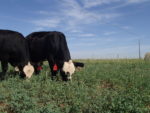
Introducing Annuals in Grazed Pastures
Annual cover crops provide ecosystem benefits to perennial-based pasture systems by introducing quality forage at opportune times of the year, creating a more diverse farm habitat, and providing opportunities to renovate overused or underutilized areas of the farm.
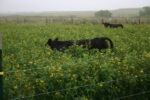
Grazing Cover Crops in Cropland
For some producers with extensive experience using cover crops, grazing can be a ‘next step’ in obtaining additional economic value while achieving environmental stewardship.
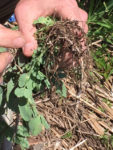
Soil Biology: Cover Crops and Disease Suppression
Cover crops provide several benefits to soil health such as improving soil structure, reducing the need for synthetic chemicals by decreasing weed biomass, increasing soil organic matter, contributing nutrients to the soil, retaining soil moisture, and decreasing soil erosion. In addition, the integration of cover crops into crop production often leads to soils that are suppressive to plant diseases (i.e. have less potential for disease development).
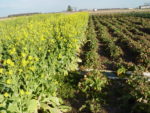
Cover Crops for Weed Management in Row Crops
The use of cover crops for weed control can help conventional producers combat herbicide-resistant weeds and organic producers reduce dependency on cultivation as their primary weed control mechanism.

High Tunnel Pest Exclusion System
Insect pests are one of the major problems in organic production systems. Organic IPM practice consists of a three-tiered approach consisting of systems-based practices, mechanical tactics, and biorational insecticides. Mechanical tactics encourage the use of physical barriers for pest exclusion. This bulletin provides preliminary research data and field observations about the success of shade cloths, or high tunnel pest exclusion (HTPE) systems, as a more permanent barrier system around the high tunnels.
Sustainable High Plains Research Bulletins
A series of bulletins showcasing the various facets of Texas Tech University research on integrated crop and livestock production systems in the Texas High Plains. The bulletins cover sustainable agroecosystems, crops and soils, and water conservation.
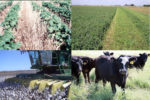
Agroecosystems Economics in the Texas High Plains: A 10-year analysis, 1999-2008
Based on 10 years of Texas Tech University research, integrated cotton-forage-beef cattle systems are just as profitable as cotton monoculture systems. But there’s more. Integrated crop-livestock systems use less irrigation water, are more energy efficient, preserve soils by reducing wind erosion, and have a lower economic risk related to specific-loss events, such as a drought.
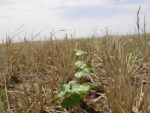
Cover Crops and Cotton in the Texas High Plains: SARE research summary, 2007-2009
In a Southern SARE-funded Graduate Student Grant (GS07-056), “Allelopathic Effects of Small Grain Cover Crops on Cotton Plant Growth and Yields,” Texas Tech University researchers investigated allelopathy as the possible cause of the observed suppression and to incorporate livestock grazing as a means of reducing the allelopathic effects on the cotton crop.
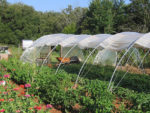
High Tunnel Crop Production Handbook
A high tunnel crop production handbook from Alabama Cooperative Extension.

Soil Quality of Integrated Crop/Livestock Systems: Enhancing soil carbon sequestration and microbial diversity
In the Southern SARE-funded study (LS10-229), “Integrated Crop and Livestock Systems for Enhanced Soil Carbon Sequestration and Microbial Diversity in the Semi-arid Texas High Plains,” Texas Tech University researchers evaluated integrated crop/livestock systems for long-term soil quality by assessing microbial activity and soil carbon storage.
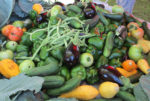
The Montgomery County Farm to Community Planning Project
A food system assessment developed by the Friends of the Farmers Market in Montgomery County in Virginia to identify opportunities to foster growth in local agriculture in ways that are inclusive to the low-income population.
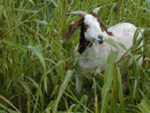
Sustainable Year-Round Forage Production and Grazing/Browsing Management in the Southern Region
An educational training video to increase the productivity, quality, and production of forages, as well as to improve management of existing pastures for sustainable livestock production.
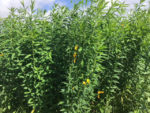
Annual Cover Crops in Florida Vegetable Systems
Fact sheet series from the University of Florida IFAS Extension on integrating cover crops in vegetable production systems in Florida.